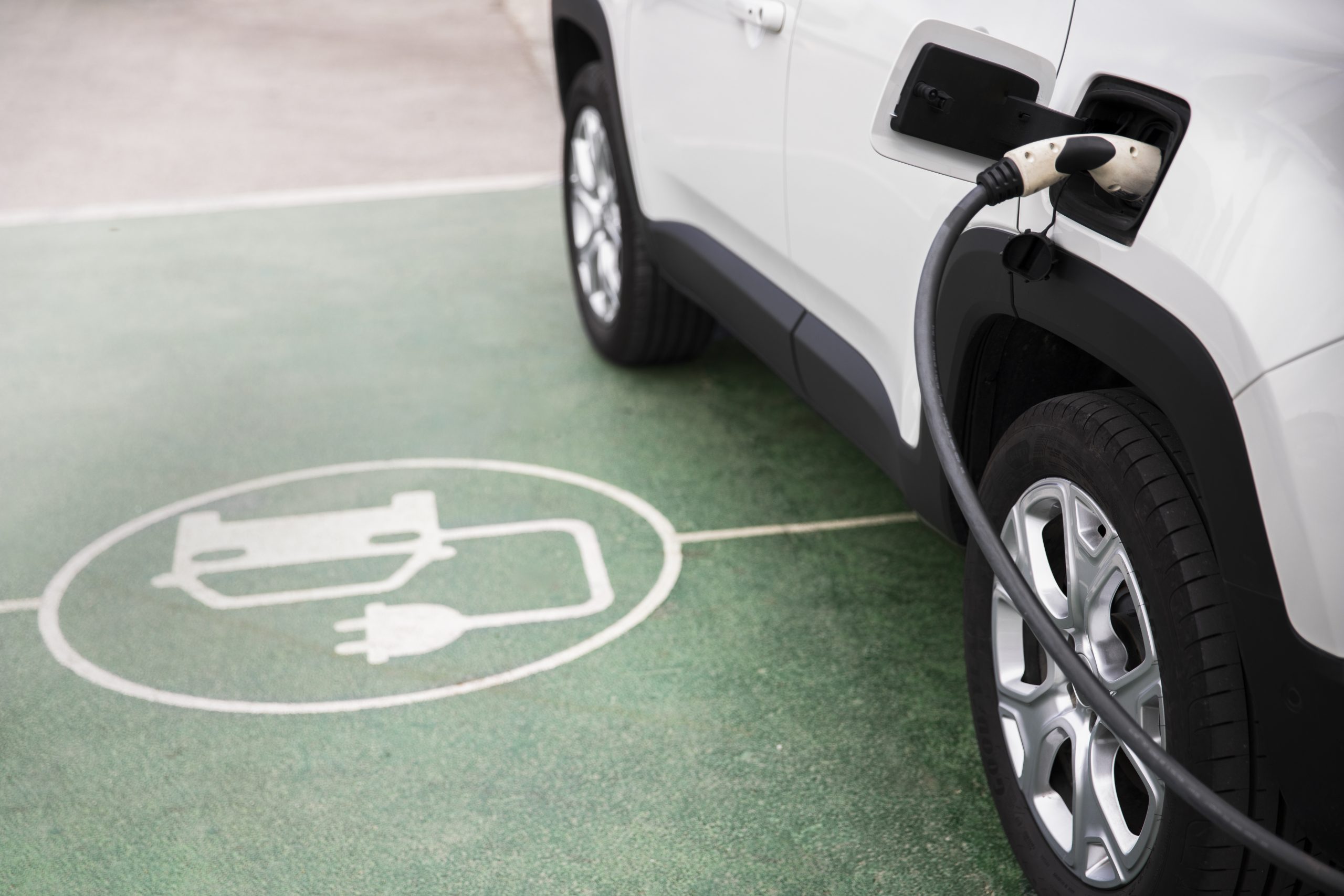By Stephen Macharia
Electric vehicles (EVs) are silently gliding through Kenyan roads, leaving behind nothing but the whisper of progress in the switch to sustainable mobility. Over 1400 EVs, a combination of motorcycles, tuk tuks, and are registered in Kenya.
At the heart of this transformation is the Kenya Bureau of Standards (KEBS). Unseen by many, KEBS plays a pivotal role in ensuring that the wheels of change turn smoothly.
Experts at KEBS are crafting the road map to a cleaner and greener tomorrow. In an interview, Robert Njoroge, in charge of Electric Mobility standardization at KEBS, told AutoNews Magazine that KEBS is leaving no bolt unturned in its quest to ensure that every EV on Kenyan roads complies with quality benchmarks.
“The battery and the motor are some of the most important parts of an EV. We ensure all units imported into Kenya comply with both local and global standards,” explained Robert with a glint of pride in his eyes. Indeed, it is this relentless pursuit of excellence that has made KEBS the driving force behind the electric mobility revolution in Kenya.
The journey to set standards for EVs began back in 2018 when EVs were mere novelties on the streets. KEBS was among the pioneers who dared to dream big, setting the first-ever electric vehicle standards in the country. Since then, they have been riding the electric wave, updating their standards and guidelines to keep up with the ever-evolving electric mobility landscape.
“We are not just setting standards; we are actively promoting the adoption of electric vehicles in Kenya,” said Robert. KEBS has been an advocate for electric mobility, guiding government policies, collaborating with industry players, and working with international partners to create a harmonious ecosystem for EVs to thrive.
As with any revolutionary journey, there are bumps in the road. The electric mobility industry in Kenya is growing at a faster pace than anyone anticipated. To meet the challenges head-on, KEBS is not just turning up the heat on research but also engaging with all stakeholders in the sector. By listening to the needs and perspectives of dealers, and consumers, KEBS is ensuring that its standards and regulations are in sync with the rapidly changing EV landscape.
“A robust charging infrastructure is the lifeblood of electric mobility, and KEBS recognizes its pivotal role in this domain. While relying on international standards for four-wheel electric vehicles, KEBS leaves no room for compromise when it comes to ensuring compliance.
Stringent inspections are carried out to guarantee that every EV coming into Kenya is road-ready and meets global safety benchmarks,” he explained.
Notably, the Kenyan government has stepped on the accelerator in promoting electric mobility. Through a strategic combination of policy pronouncements, tax incentives, and rebates, e-mobility is slowly but surely finding its place as an integral part of the nation’s economy. Government organisations such as Kenya Power and KenGen are leading by example, including EVs as part of their fleets and setting up charging stations.
As KEBS leads the way, Kenya’s vision of a cleaner and electrified future is within grasp. KEBS wants to ensure that every EV on Kenyan roads is a symbol of progress, safety, and sustainability. With the government’s continued support and the growing charging infrastructure, Kenya is poised to become a model for embracing the electric revolution.
“As we witness the silent revolution taking place on the roads of Nairobi, one thing is certain – the future of electric mobility in Kenya is charged with hope, ambition, and the unwavering dedication of the Kenya Bureau of Standards. As we embark on this road to a green tomorrow, let’s remember that the wheels of change are turning, and KEBS is playing its role towards a better, brighter, and cleaner future” Robert concluded.
